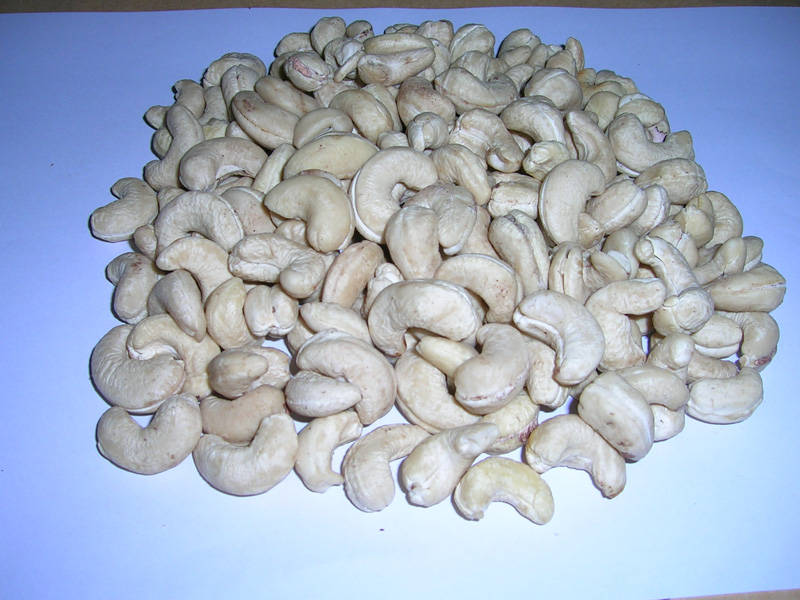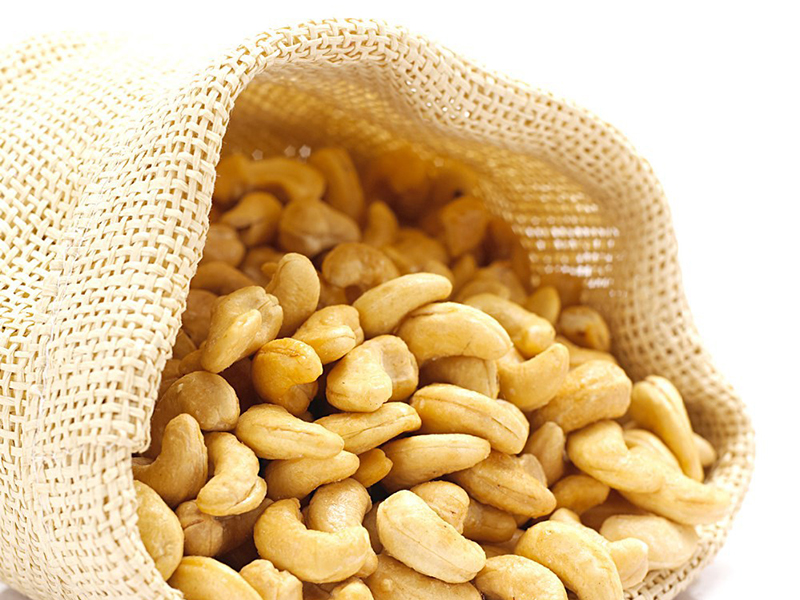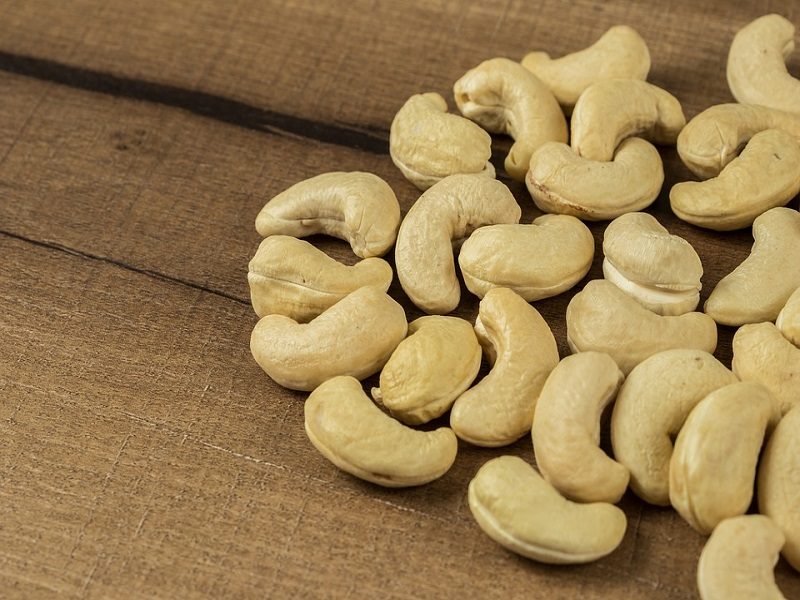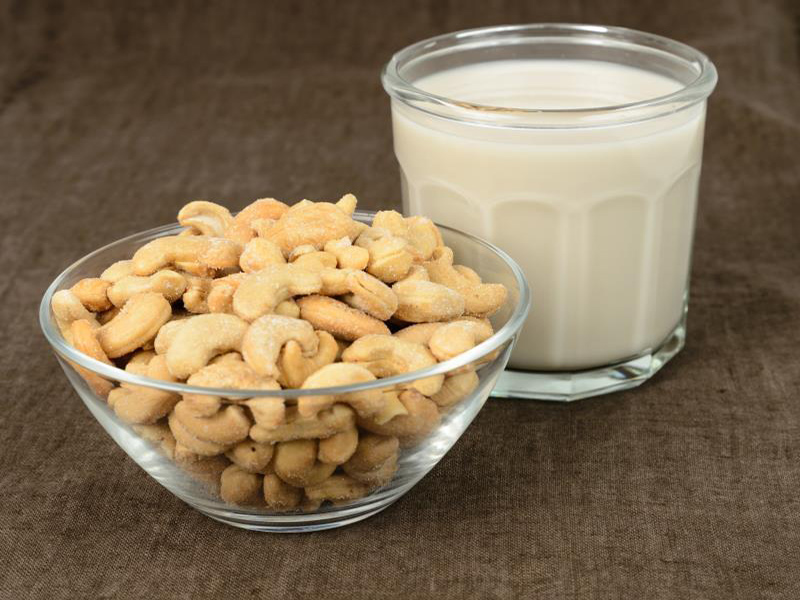Cashew nuts are one of the most popular and highly sought-after nuts worldwide. They are commonly used in various culinary dishes, snacks, and desserts, making them a valuable commodity in the global market. Europe, with its diverse consumer preferences and large market size, plays a significant role in cashew nut trading. This article aims to provide a comprehensive overview of cashew nut buyers in Europe, including their preferences, trends, market dynamics, and key players.
Market Size and Growth:
Europe represents a significant consumer market for cashew nuts, fueled by a growing awareness among consumers about the health benefits and versatility of these nuts. The European Union (EU) consistently imports substantial quantities of cashew nuts from various countries around the world. According to Eurostat, the EU imported approximately 169,000 metric tons of cashew nuts in 2020, with a value exceeding $822 million. The market is projected to grow at a stable rate in the coming years due to the increasing demand for healthy snacking options and the rising popularity of plant-based diets.
Key European Cashew Nut Buyers:
1. Germany: As the largest economy in Europe, Germany stands out as a significant cashew nut consumer. The country’s health-conscious population seeks high-quality, organic cashew nuts, focusing on fair trade and sustainable sourcing practices. Major German cashew nut buyers include wholesalers, independent retailers, and large supermarket chains.
2. United Kingdom: The UK market for cashew nuts has witnessed substantial growth in recent years, driven by a rising number of health-conscious consumers, veganism trends, and the popularity of plant-based diets. Retail supermarkets, convenience stores, and online platforms are key players in the cashew nut market in the UK.
3. France: Known for its culinary expertise and diverse food culture, France is an essential market for cashew nuts. The French consumer demand for cashew nuts is driven by gourmet and organic trends. Specialty stores, supermarkets, and hypermarkets are the primary distribution channels for cashew nuts in France.
4. Netherlands: As a major trading hub in Europe, the Netherlands plays a significant role in cashew nut imports and re-exports. The Dutch market is characterized by a diverse range of buyers, including wholesalers, distributors, food manufacturers, and online retailers.
5. Italy: Italy has a strong tradition of incorporating cashew nuts into its cuisine, making it a lucrative market for cashew nut suppliers. Italian consumers seek high-quality, premium cashew nuts, making specialty stores, delicatessens, and supermarkets important sales channels.
Market Trends and Preferences:
1. Organic and Fair Trade: European consumers increasingly prioritize organic and fair trade cashew nuts, ensuring the well-being of farmers and promoting sustainable agricultural practices. These products are often preferred by health-conscious consumers, and companies focused on ethical sourcing and sustainability enjoy a competitive advantage.

2. Healthy Snacking: The growing focus on healthy snacking options has boosted the demand for cashew nuts in Europe. Cashews are marketed as a nutritious snack alternative due to their high protein content, beneficial fats, vitamins, and minerals. Snack bars, roasted cashew products, and flavored cashews are particularly popular.
3. Veganism and Plant-based Diets: The rise of veganism and plant-based diets has significantly contributed to the increasing demand for cashew nuts in Europe. Cashews are commonly used as dairy substitutes in vegan cheese, milk, and other plant-based alternatives. Manufacturers catering to the vegan market segment have experienced notable growth.
Key Suppliers of Cashew Nuts to Europe:
1. Vietnam: Vietnam is the largest exporter of cashew nuts globally, including to European markets. The country’s competitive advantage lies in its ability to produce high-quality cashews in large quantities, catering to diverse buyer preferences.
2. India: India is another major supplier of cashew nuts to Europe. Companies from India offer a wide range of cashew nut varieties, including organic and fair trade options.
3. West African countries (Ivory Coast, Ghana, and Nigeria): West African countries, particularly Ivory Coast, Ghana, and Nigeria, are significant players in the European cashew nut market, supplying both raw and processed cashews. These countries have made efforts to improve quality standards, thus gaining prominence in the market.
Conclusion:
Cashew nut buyers in Europe are vital players in the global cashew nut market. The growing demand for healthy snacks, organic and fair trade products, and the rise of veganism and plant-based diets drive the market’s growth. Germany, the United Kingdom, France, Netherlands, and Italy stand out as key markets, each with its unique consumer preferences. Cashew nut suppliers from Vietnam, India, and West African countries dominate the European supply chain. Understanding the preferences and trends within this market is essential for cashew nut producers and exporters aiming to maximize their market share in Europe.Cashew Nut Buyers in Europe: A Comprehensive Overview
I. Introduction
Cashew nuts have gained immense popularity as a healthy snack and versatile ingredient in various dishes. With its diverse consumer preferences and large market size, Europe plays a significant role in the global cashew nut trade. In this article, we will provide a detailed analysis of cashew nut buyers in Europe, exploring their preferences, market dynamics, and key players in the industry.
II. Market Size and Growth
Europe represents a significant consumer market for cashew nuts, with the European Union (EU) importing approximately 169,000 metric tons of cashew nuts in 2020, valued at over $822 million. The demand for cashew nuts is expected to continue growing steadily in the coming years, driven by factors such as the increasing popularity of healthy snacking options and the rise of plant-based diets.

III. Key European Cashew Nut Buyers
1. Germany
Germany, being the largest economy in Europe, stands out as a major cashew nut consumer. The health-conscious population in Germany seeks high-quality organic cashew nuts, with a focus on fair trade and sustainable sourcing practices. Major German buyers include wholesalers, independent retailers, and large supermarket chains.
2. United Kingdom
The United Kingdom has witnessed significant growth in cashew nut consumption, driven by a rising number of health-conscious consumers and the popularity of plant-based diets. Retail supermarkets, convenience stores, and online platforms are key players in the UK cashew nut market.
3. France
France, known for its culinary expertise, represents an essential market for cashew nuts. The French demand for cashews is driven by gourmet and organic trends. Specialty stores, supermarkets, and hypermarkets are major distribution channels for cashew nuts in France.
4. Netherlands
As a major trading hub in Europe, the Netherlands plays a vital role in cashew nut imports and re-exports. The Dutch market features diverse buyers, including wholesalers, distributors, food manufacturers, and online retailers.
5. Italy
Italy has a strong tradition of incorporating cashew nuts into its cuisine, making it a lucrative market for cashew nut suppliers. Italian consumers seek high-quality, premium cashews, which are available in specialty stores, delicatessens, and supermarkets.
IV. Market Trends and Preferences

1. Organic and Fair Trade
European consumers increasingly prioritize organic and fair trade cashew nuts, ensuring the well-being of farmers and promoting sustainable agricultural practices. Companies that focus on ethical sourcing and sustainability gain a competitive edge in this market.
2. Healthy Snacking
The growing focus on healthy snacking options has fueled the demand for cashew nuts in Europe. Cashews are marketed as a nutritious snack alternative due to their high protein content, beneficial fats, and rich vitamin and mineral composition. Snack bars, roasted cashew products, and flavored cashews are particularly popular.
3. Veganism and Plant-Based Diets
The rise of veganism and plant-based diets has significantly contributed to the increasing demand for cashew nuts in Europe. Cashews are commonly used as dairy substitutes in vegan cheese, milk, and other plant-based alternatives. Manufacturers catering to the vegan market segment have experienced notable growth.
V. Key Suppliers of Cashew Nuts to Europe
1. Vietnam
Vietnam is the largest exporter of cashew nuts globally and a significant supplier to European markets. The country has a competitive advantage in producing high-quality cashews in large quantities, catering to diverse buyer preferences.
2. India
India is also a major supplier of cashew nuts to Europe. Companies from India offer a wide range of cashew nut varieties, including organic and fair trade options.
3. West African Countries (Ivory Coast, Ghana, and Nigeria)

West African countries, particularly Ivory Coast, Ghana, and Nigeria, play a significant role in the European cashew nut market. These countries supply both raw and processed cashews, and they have made efforts to improve quality standards, gaining prominence in the market.
VI. Conclusion
Cashew nut buyers in Europe form a crucial part of the global cashew nut market. The increasing demand for healthy snacks, organic and fair trade products, and the rise of veganism and plant-based diets drive the market’s growth. Germany, the United Kingdom, France, Netherlands, and Italy stand out as key markets, each with its distinct consumer preferences. Cashew nut suppliers from Vietnam, India, and West African countries dominate the European supply chain. Understanding the preferences and market dynamics within Europe is essential for cashew nut producers and exporters looking to maximize their market share in the region.










